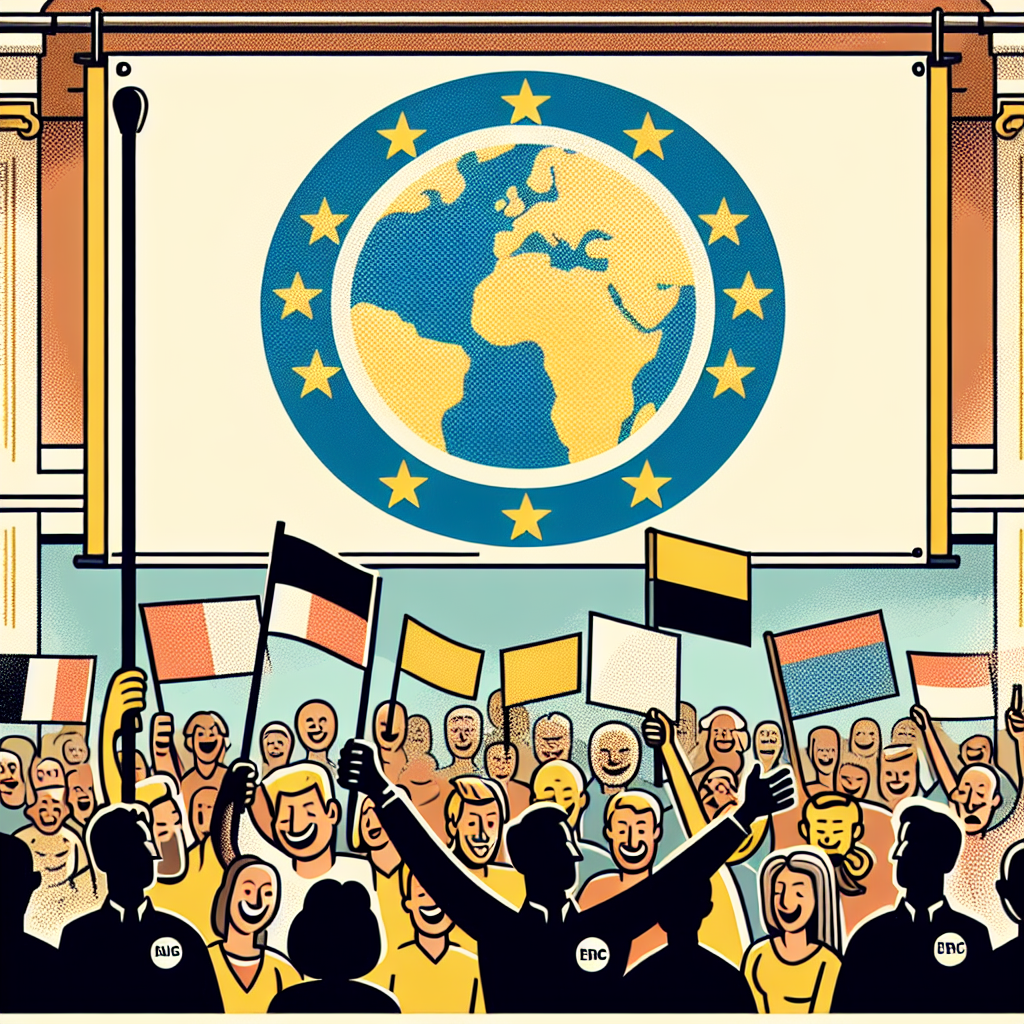European People's Party Raises Espionage Fears Over Hungary's Visa Policy
The European People's Party (EPP) has expressed alarm over Hungary's decision to relax visa rules for Russian and Belarusian citizens, suggesting it could facilitate espionage and undermine EU security. In a letter to European Council head Charles Michel, EPP chair Manfred Weber highlighted the risks and urged an investigation into Hungary's compliance with Schengen regulations.

The European People's Party (EPP) has flagged serious security concerns following Hungary's decision to ease visa restrictions for Russian and Belarusian nationals. The EPP fears that this move could pave the way for increased espionage within the EU, according to a letter seen by Reuters on Tuesday.
In his letter, Manfred Weber, chair of the centre-right EPP, cautioned European Council head Charles Michel that the new Hungarian visa regulations might 'create grave loopholes for espionage activities... posing a serious risk to national security.' Weber further noted that this policy could inadvertently allow Russians to circumvent EU law and move freely within the Schengen area. The letter's contents were initially reported by the Financial Times.
The Hungarian government and Michel's office did not immediately reply to requests for comment. However, a European Commission spokesperson stated that Hungary's adherence to Schengen rules would be scrutinized. Tensions have been escalating as Hungary, currently holding the EU's rotating presidency, seeks amicable relations with Russia amid the ongoing Ukraine conflict.
Recently, Hungary extended its 'national card' immigration program to Russians and Belarusians, permitting them to work in Hungary without security clearances and bring their families. This decision follows the U.S. sanctions on top officials of a Russian-controlled bank in Budapest and Hungary's subsequent departure from the bank under American pressure. Prime Minister Viktor Orban, whose controversial overtures to Moscow have irked EU allies, continues to criticize Western military support to Ukraine.
(With inputs from agencies.)










